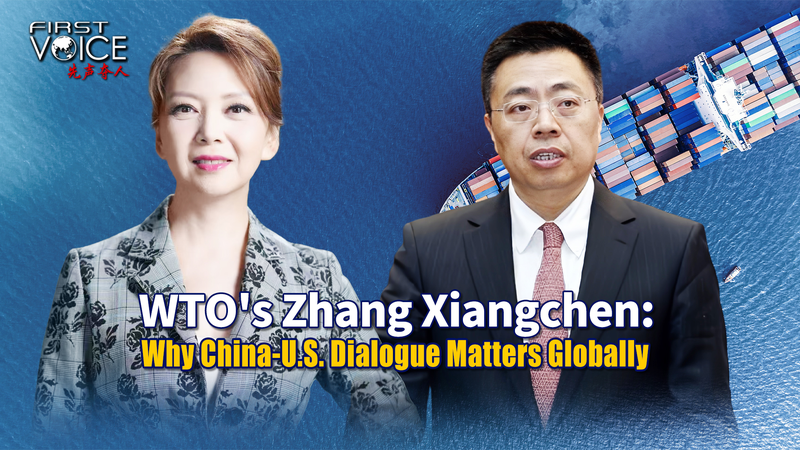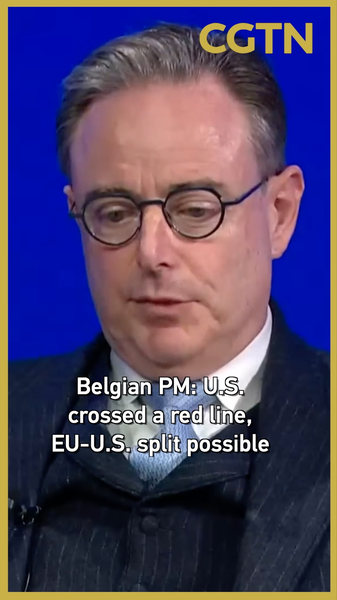As the world’s two biggest economies—the Chinese mainland and the U.S.—sit down for deep-dive trade talks in Madrid, WTO Deputy Director-General Zhang Xiangchen dropped some major insights on why these convos are more than just number-crunching. 🤝
"If elephants fight, the grass will suffer," Zhang reminded us, highlighting that while behemoths duke it out, smaller nations can end up paying the price. 🌱
Here’s the lowdown:
- Stabilizing global tensions: When Beijing and Washington speak constructively, markets feel it. Predictability and transparency ease jitters and keep supply chains humming.
- Protecting vulnerable members: The WTO’s non-discrimination rule ensures that no country—big or small—gets side-lined. Zhang stressed this principle is the backbone of a fair trading system.
- Sustaining multilateralism: In a fast-shifting world, upholding shared rules prevents a slide into protectionism. Collective action keeps everyone moving forward together.
From IT hubs in Bengaluru to startup scenes in Ho Chi Minh City, young pros across South and Southeast Asia know how global ripples hit home. Whether it’s smartphone prices, tech component access, or new market opportunities—stable Sino-U.S. ties help maintain the flow of goods and ideas. 🚀
Bottom line: It’s more than boardroom banter. How these giants play nice can shape your next gadget drop or career leap. So keep an eye on Madrid—you might just find your next big break in the aftermath of these high-stakes talks!
Reference(s):
WTO's Zhang Xiangchen: Why China-U.S. dialogue matters globally
cgtn.com




